Cinema emerged a little more than a century ago to become one of the most potent forms of expression that has made an impact on practically every sphere of theory and praxis. The present volume attempts to address some of the questions that arise in a consideration of the complex role that cinema has performed and continues to perform in the public sphere in India. The focus of this volume is on issues related to the shifting responses of the colonial state, the Indian nationalists and intellectuals, and the popular press to the emerging medium of cinema and its creative potential. The book examines the threats as well as the challenges to this new medium; the transitions and the continuities, the filiations and the ruptures, from the colonial to the postcolonial as represented in cinema.
The schisms, fissures, and conflicts of the colonial state, and later of the postcolonial nation state which is increasingly marked by the economic and cultural processes of globalization, accompanied paradoxically, and perhaps inevitably, by bitter local and ethnic conflicts are critically analysed in the context of the local, national, and global financial networks within which cinema is located is also taken up.
This collection of essays by subject specialists examines the politics of violence, communalism, and terrorism as negotiated in cinema; the representations of identitarian politics; and the complex ideological underpinnings of literary adaptations.

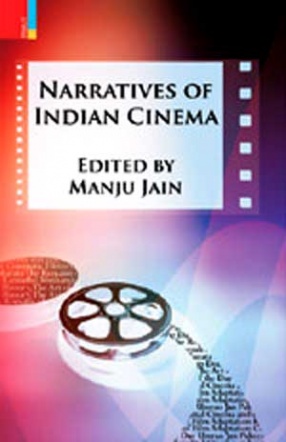
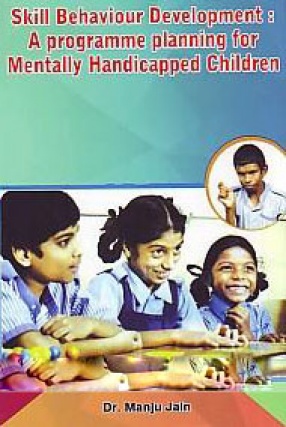
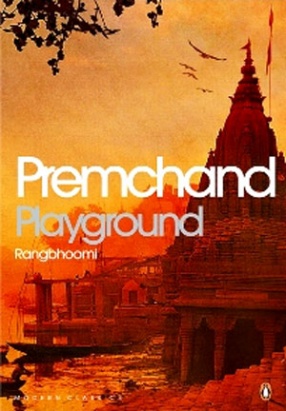
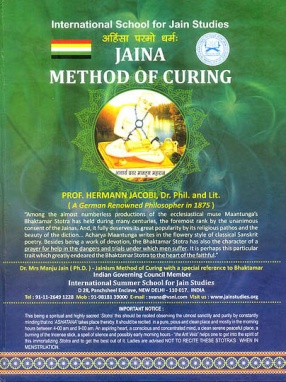

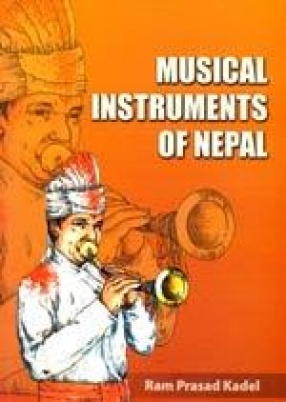
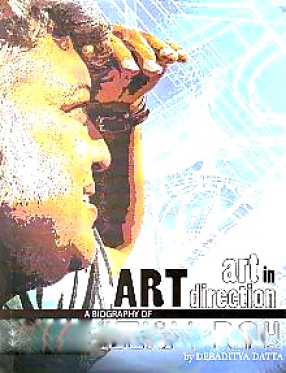
There are no reviews yet.